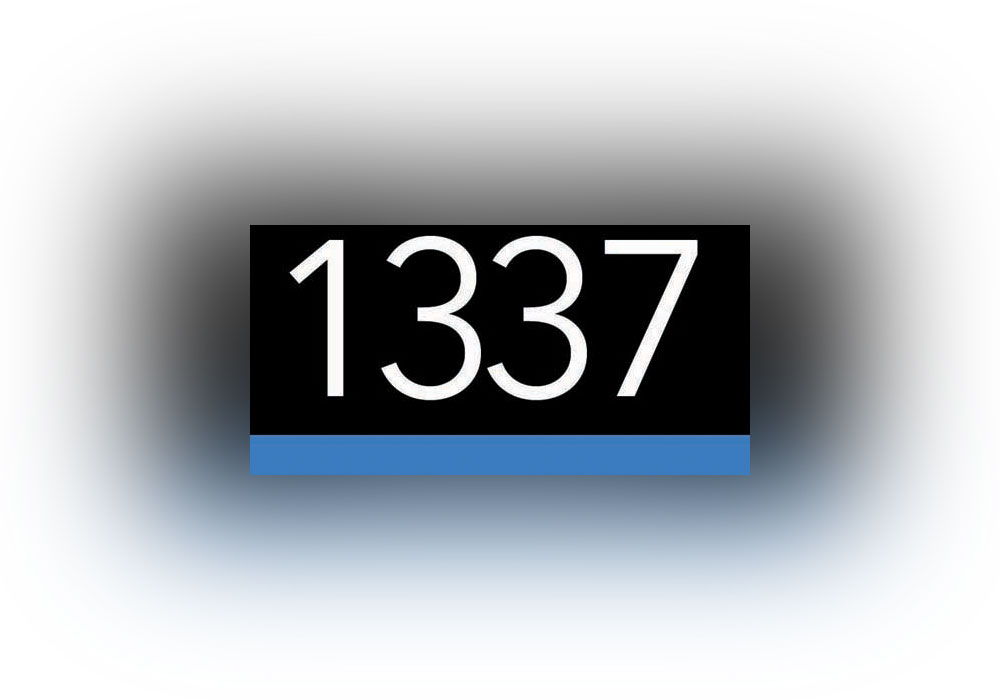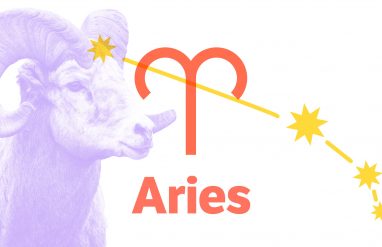You’re texting, or reading comments on a blog. Suddenly your eyes go bananas. Someone has used a combination of strange numbers and symbols to spell out words, but in an awkward, semi-coherent manner. This bizarre take on the English alphabet began in the early days of the Internet and jumped over to the world of SMS (short message service, the common system used for sending text messages.) Here’s some background on this orthographic weirdness, which will appear in standard characters from here on out, we promise.
(What is it called when you can surprisingly read scrambled words? Find out here.)
Leet, or L33t, or Leetspeak, was once short for “elite.” Theories abound for why it is called “elite,” but most explanations trace the origin to the days of bulletin board systems (how geeks communicated on computers prior to the World Wide Web.) Elite users had access to special files, and using this alternate text system may have helped people hack into these restricted zones. Another theory claims that Leetspeak evolved simply out of the desire of computer users to show how clever and exclusive they could be.
The method behind Leetspeak replaces typical Latin-based letters for combinations of ASCII characters (the standard code for text and symbols on a computer.) For example, 3 replaces E, and |-| replaces H. The process is time-consuming and silly, but Internet culture often thrives in counterintuitive ways.
We must mention that the arrangement of the letters of the keyboard in front of you is not random. If you don’t know why your keyboard letters start with QWERTY, here’s the answer.
Typical texting language, such as LOL or ROTFL, are the opposite of Leetspeak, as these newcomers to English aren’t intended to obscure but simply to make communication more efficient, a goal that requires that both the sender and receiver of text recognize the intended meaning of the abbreviation. Technically, LOL is an initialism, “a name or term formed from the initial letters of a group of words and pronounced as a separate word.”
Are there other aspects of electronic communication you’d like us to explore? Let us know, below.














